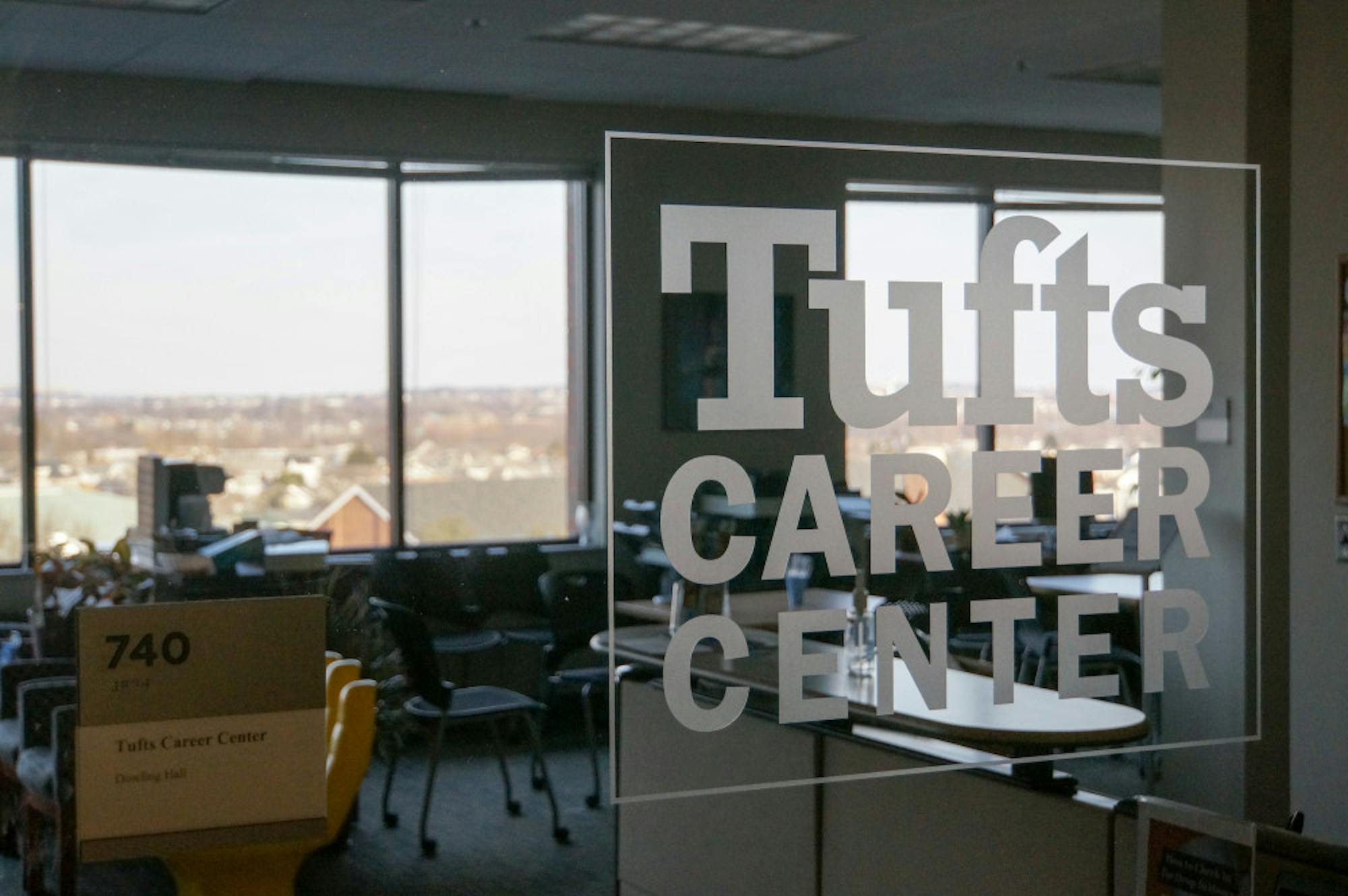February: a month to anxiously await the groundhog’s forecast, celebrate Valentine’s Day and prepare for internship season. As winter comes to a close, the last-minute frenzy to edit resumes, write cover letters and find the perfect interview outfit begins, sweeping across college campuses as students strive to finalize their summer internship applications.
For a long time, I felt that an internship was a necessary stepping stone toward entry into the workforce. As early as middle school, students have been taught that trading our time, energy and money for internships is a worthy exchange for future career opportunities. While internships undeniably enhance LinkedIn pages and pack resumes full of ammunition, I question how effective they are in providing valuable work experience.
Over winter break, as I started my hunt for summer internships, my pros and cons list became markedly unbalanced as a bolded “UNPAID” dominated my con column. Within the finalized list of 12 internships typed into my google sheet, six were unpaid. I only had a 50% chance of scoring an internship that would pay for my time, and I felt convinced that I had just struck out of the internship season.
Every winter, thousands of students are confronted with the same problem. Teen Vogue summarized data from the Center for Research on College-Workforce Transitions at the University of Wisconsin-Madison and reported that “between 31% and 58% of all internships in the United States don’t pay.”
Such exploitation begs the question of why students continue to begrudgingly enter the application cycle year in and year out. Aside from the devil sitting on our shoulders convincing us we will end up jobless if we lack internships and a packed resume, employers still consider field-related work experience to be a top priority for job candidates. According to a report published in 2021 by the Harvard Business Review, “research shows that more than 80% of all Big Four accounting firms have employees with internship experience, and the trend extends to tech companies like Facebook, Google, and IBM.”
While statistics make it clear that unpaid internships are valuable, students do not rest on equal ground. Unpaid work presents issues of getting a second job, living at home for another summer and skipping out on dinner dates; the caveats of such positions target marginalized communities.
Unpaid internships can widen the economic divide, deepen generational wealth gaps and impede equal chances of opportunity. A study conducted in the spring of 2019 by the National Association of Colleges and Employers found that out of the 4,000 seniors surveyed across 470 colleges, Hispanic and Latino students were the least likely to have had an internship by graduation, and Black students overrepresented the percentage of unpaid interns.
Economically disadvantaged students simply cannot afford to take the summer off from their seasonal income, much less afford the living expenses that come with location-based work. As put in an article by University of Chicago student Dillon Cory, “unpaid internships give an implicit advantage to wealthier students who can afford to go spend a summer doing unpaid work and not worry about tuition bills or living expenses.” The direct correlation between unpaid internships and socioeconomic privilege extends into the workforce, disproportionately reserving the majority of well-paying, highly coveted entry-level jobs for the privileged, previously unpaid interns.
With all things considered, there is no single solution to resolve the socioeconomic privilege tied to unpaid internships. However, steps can be taken by state and federal governments, universities and independent businesses to mitigate the economic hardships that low-income communities face. For one, micro-internships — short-term, paid projects for a company, college or research team — can offer assignments throughout the year, thus increasing opportunities to gain experience and build connections before applying for bigger internships. Additionally, universities can provide students with connections to companies and research fellowships that not only build strong networks in the workforce but also promote paid internships from university relationships. Real Clear Education suggests that “institutions can also provide training for on-campus employers, such as university departments, on how to treat student interns more like employees.” While none of these solutions guarantee a break in a generational wealth barrier, they show promising points of action to address and close the privilege divide of internships.






